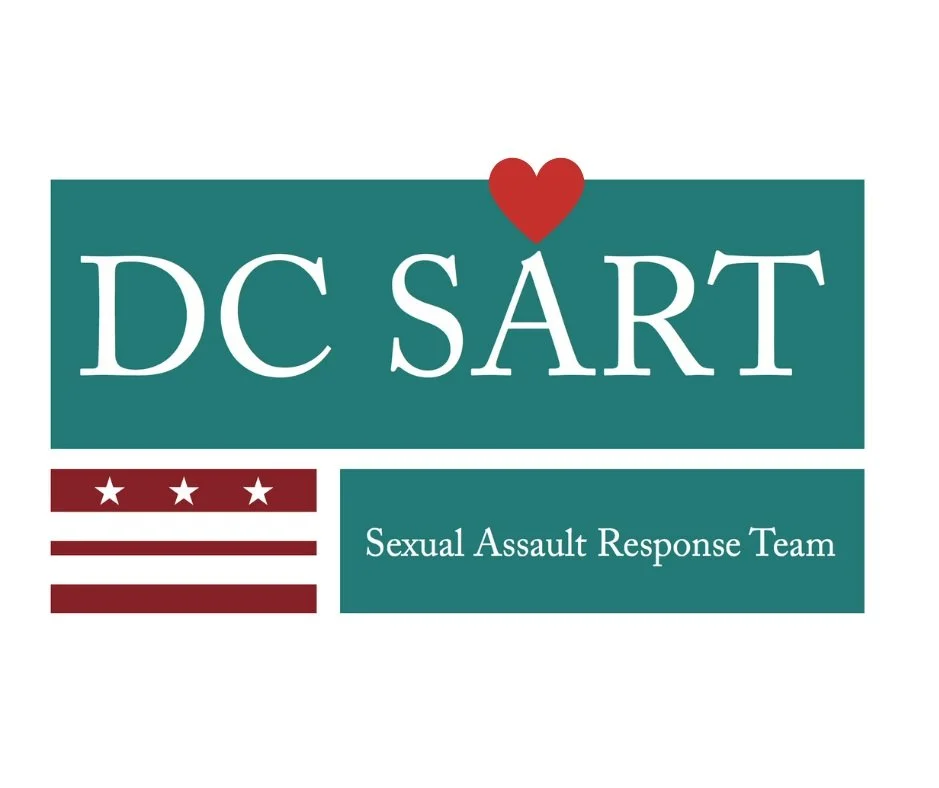A Month of HEART
By Colleen Gallopin, Project Specialist at NVRDC
As you’ve probably heard, May is Mental Health Awareness Month. But for NVRDC, May is also a Month of HEART.
Whilst many people are aware of trauma caused through harm or extreme situations, not everyone is familiar with vicarious trauma. Vicarious trauma (also known as compassion fatigue) is an occupational hazard for people who work with survivors of trauma and violence. Vicarious trauma refers to experiencing negative symptoms due to exposure to another person’s trauma. Anyone who works with survivors of trauma or violence can be impacted by vicarious trauma.
The Month of HEART (a.k.a. Helping Everyone Acknowledge and Respond to Trauma) is part of NVRDC’s Vicarious Trauma Response Initiative (VTRI), a project funded by the Department of Justice’s (DOJ) Office for Victims of Crime. VTRI brings together 12 communities around the country to explore how vicarious trauma impacts providers who work with trauma survivors. NVRDC is partnering with DC Rape Crisis Center, DC Forensic Nurse Examiners, Department of Forensic Sciences, Office of the Chief Medical Examiner, and the DC Metropolitan Police Department to develop an interdisciplinary, cross-agency plan to address vicarious trauma and resilience-building among our staff.
So, how does the Month of HEART fit in? Throughout May, NVRDC and our VTRI project partners are offering education and wellness opportunities to the staff of all DC victim service providers. Every Tuesday, Lunch and Learn seminars bring in national experts to discuss vicarious trauma – how to recognize the signs in yourself and your staff, how to respond when you see a colleague struggling, and how to build resilience to help you weather the ups and downs of working with survivors. Wellness workshops introduce our staff to new wellness practices that might be just the right fit for their own self-care routines. We’re exploring everything from yoga, guided meditation, and breathwork to storytelling, art, and bread baking. And weekly peer support sessions, led by a licensed mental health clinician, give providers a chance to open up about their own challenges and hear from colleagues about how they cope with similar ones.
Of course, responding to vicarious trauma isn’t solely the responsibility of individual staff members. The partners on the VTRI project are committed to nurturing vicarious trauma-informed organizational cultures. Throughout the VTRI project, we are examining our own organizational policies, educating ourselves on best practices, and updating our staff and leadership training.
Why is this project so important? As agencies devoted to caring for survivors of sexual abuse and sexual assault, it is critical that we place care for our staff on equal footing with care for our clients. Vicarious trauma can impact us at both a personal and organizational level. It can also make a difference in the way our clients experience working with us, which impacts all survivors.
VTRI offers an opportunity to strengthen the District’s safety net for survivors by creating a community of providers who deeply understand how their work affects them personally, how their personal experiences affect their work, and, most importantly, how to manage these impacts in a way that allows them to continue to be present and effective for their clients.
When a survivor encounters these providers, not only do they have a positive experience with the individual advocate (or nurse, detective, therapist, etc.) but they have a positive experience with the system as a whole, which benefits their own healing, their sense of experiencing justice, and the likelihood that they’ll encourage friends and family to engage with the system if they too are ever harmed by a crime.
Our hope is that this project is only the beginning of an ongoing conversation, not just among the 6 VTRI partners, but the entire DC provider community. We believe that working in a vicarious trauma-informed way should be as central to our practices as being trauma-informed and survivor-centered.

